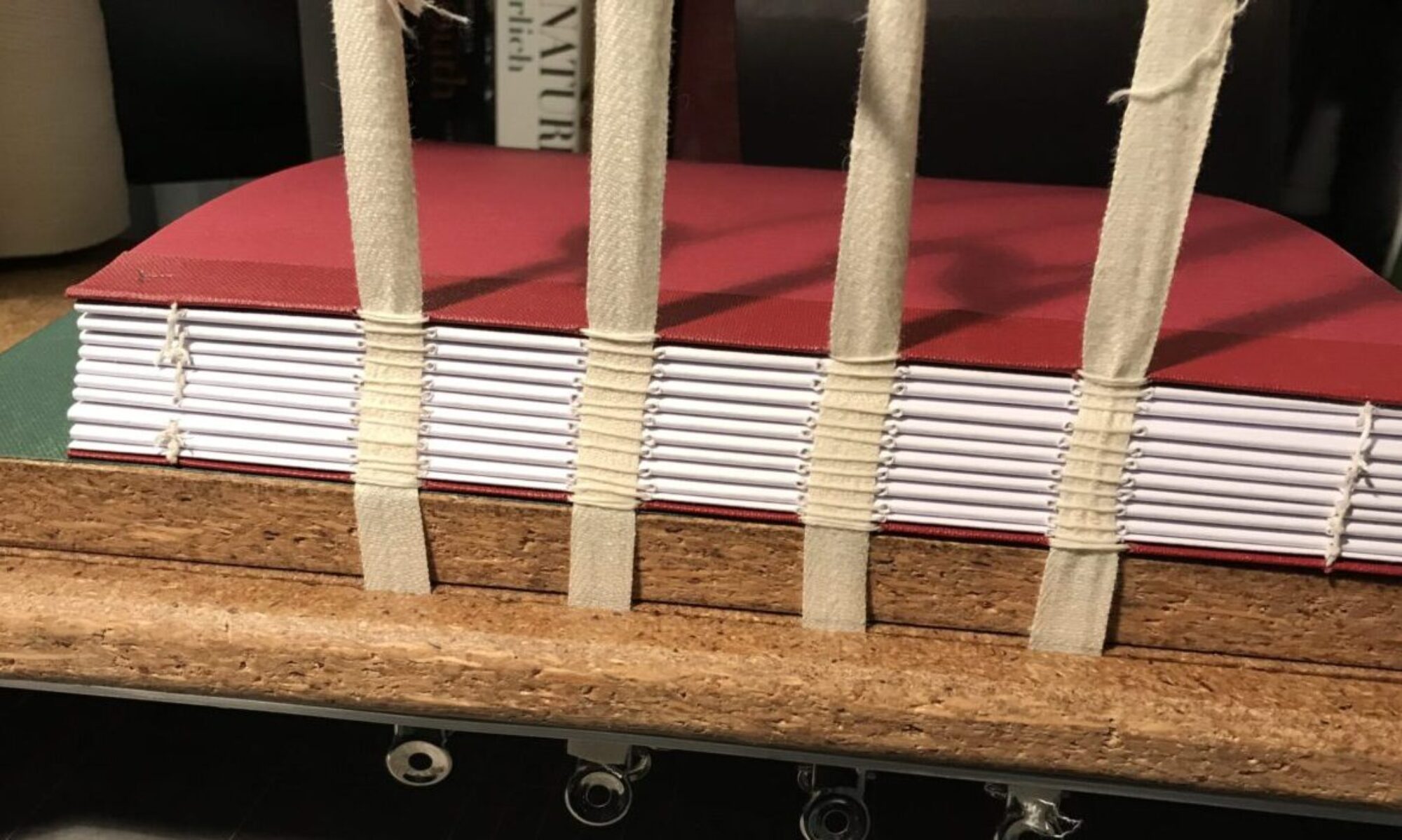I know that there is nothing novel in the idea of reviewing old books rather than new ones. People do it all the time. For school and university set texts, in particular, there’s a quid to be made in this business. But that’s just the trouble. We are forever reviewing the popular, well-thumbed texts and leaving the rest to rot on the dusty shelves of ‘opp’ shops and dingy secondhand bookstores with creaking floors and peeling paintwork. Now, I have no idea of the total number of published books in the world, but it must surely run into millions. Of these millions, only a tiny proportion manage to stay before the public eye for more than a year or two. Some, like David Hume’s first attempt ‘fall stillborn from the presses’. Others have their brief hour of localised glory and then sink without trace. I wrote a book about rabbits like that. Still others die slowly, fading into what the wine buffs call ‘the divine Untergang of infinite recession’.
The great tragedy is that many books have died that did not deserve to die. Some were unfairly condemned to death by sneering, ignorant critics (e.g. ’This is not a book to put down lightly. It should be hurled with great force’). Others were simply never discovered:
Full many a gem of purest ray serene
The dark, unfathomed caves of ocean bear
Full many a flower was born to blush unseen
And waste its sweetness on the desert air.
Yet others were born before their time. Their deserved admiring readers had not yet been born when such books first hit the street. By the time these potential readers had been ‘educated’, they had either lost all interest in books (one of the aims of ‘education’ now is to permanently immunise the young against the disease of literature) or lost all opportunity of accessing their rightful literary subjects.
And so, I want to see readers of this blog scouring their shelves and giving us reviews of their own favourite, but obscure titles. There need to be rules of conduct of course. The chosen books really must be obscure and (as a suggestion) at least thirty years old. Moreover, they must have given the reviewer not just genuine pleasure but a burning desire to share such pleasure with a wider audience.
I must confess that the idea of reviewing obscure books is not a novel one. Some people have been at it for years. Bernard Levin, for instance, has produced some memorable examples. There was a marvellous review of a book by a G.R. Havens called Voltaire’s Marginalia on the Pages of Rousseau. Levin, like me, imagined (before reading the said book) that such marginal comments might have consisted entirely of remarks like ‘Tiens!’, ‘Regardez!’, ‘Imbécile!’, etc. In fact some were (apparently) much more substantial. So much was Levin impressed that he himself lamented the fact that he had not taken advantage of this particular genre himself. As he says, something like The Marginalia of F.R. Leavis on the Pages of His Supposed Enemies would fill several volumes.
I have an ulterior motive of course. I myself have a number of obscure books which I value greatly and which continue to give me not just enormous pleasure in the re-reading, but a wealth of eminently quotable material. Take Rat Catching for the Use of Schools, for instance. It’s written by a man called H.C. Barkley. It is quite honestly, the best natural history text I have read and the best practical account of a very useful trade. When you dip into Barkley, you realise that this man is no armchair philosopher. He knows the trade through hard-earned experience. How else to explain this observation on rabbit and ratting dogs: ‘The shorter the pedigree, the better the dog, and if I could get one without a mother and father, I would have it tomorrow”. Or this: “When buying ferrets, I always pick long ones”. I picked up Barkley’s book (new) for about twenty cents at a Bendigo bookstore five decades ago. Fortunately, the book is back in print and you can find it on Amazon.com. However, I doubt if many libraries have it in their catalogue.
Then, there’s a book on business management called Malice in Blunderland and written by a T.L. Martin. I must admit that the subject matter advances little on what we already have from C. Northcote Parkinson, but certain new laws are enumerated, and in any case, the title alone puts the book on the ‘must have’ list. Finally, there is one book that breaks my own rules re admission – it is only about 20 years old – but is of such merit that I cannot forbear to exclude it. The title is Merde: Excursions into Scientific, Cultural, and Socio-Historical Coprology. The author, Ralph Lewin is a Professor of Marine Biology. We have corresponded (he entertained a futile hope of a second edition with an Australian publisher) and I was in the fortunate position of being able to advise him if certain glaring lacunae in his otherwise comprehensive account. Merde, by the way, is what the French general Cambronne said after the defeat at Waterloo. Victor Hugo thought it was ‘perhaps the finest word ever spoken by a Frenchman’.

